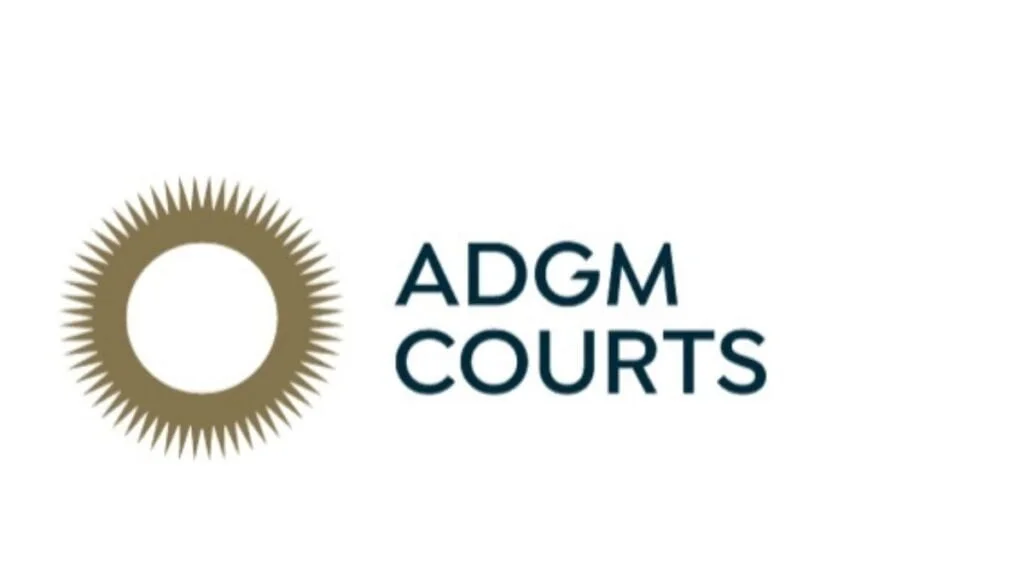ADGM Courts aims to massively transform the delivery of judicial services while introducing blockchain technology for commercial courts.

Blockchain technology has been implemented by a judicial body formed by United Arab Emirates (UAE) Federal Decree to reduce the time and expenses associated with the enforcement of business decisions.
Blockchain technology has been adopted by ADGM Courts, a body that serves the financial regulator Abu Dhabi Global Markets (ADGM), to help the parties in the legal process save a lot of time.
Assessing different financial risks and handling commercial challenges in business are both aspects of making commercial judgments. Blockchain technology will enable courts and parties to instantly obtain commercial judgements, simplifying the legal procedures for cross-border trade and commerce.
Linda Fitz-Alan, the registrar and CEO of ADGM Courts, explained the new development and emphasized that the company’s main goal is to use technology to transform judicial services.
“Our focus has now turned to enforcement to respond to the pressing needs of the international business community and to drive sustainable change for the justice sector,” Added Fitz-Alan.
The ADGM Courts CEO also pointed out that using blockchain for commercial courts will enhance the company’s standing as a pioneer in the digitization of justice.
An autonomous body called ADGM Courts is in charge of resolving civil and business issues. The company offers service to ADGM, the financial watchdog based in Abu Dhabi’s capital.
Across the meantime, the ADGM economic free zone saw the formation of a new blockchain and cryptocurrency association that intends to create blockchain and cryptocurrency ecosystems in the Middle East, North Africa, and Asia.
The nonprofit group, known as the Middle East, Africa & Asia Crypto & Blockchain Association (MEAACBA), will support the creation of regulatory solutions, new business prospects, and educational investments.
A Chainalysis research released on October 5 outlined how the Middle East and North Africa (MENA) region. The report shows that in 12 months, from July 2021 to June 2022, users in the MENA region received $566 billion worth of cryptocurrencies, a growth of 48% compared to 2021.
